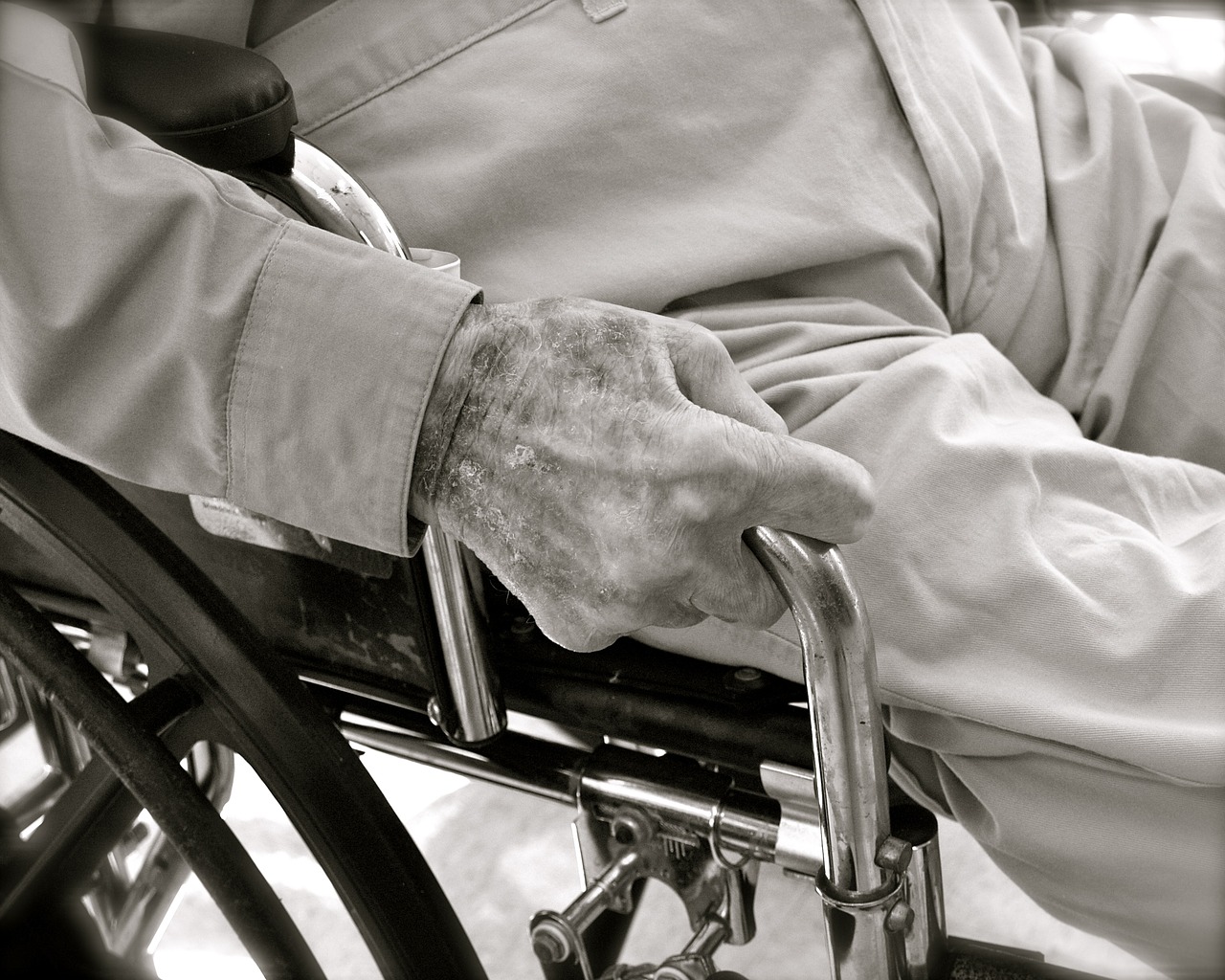Thank you June Duncan for your guest blog:
 AARP and the United States government project that nearly three-fourths of Americans age 65 and older will need some kind of long-term care. If you’re nearing retirement age, that should probably be an indicator that you’ll need to prepare for long-term care – and the sooner, the better. If you want to get a clearer idea as to whether or not you’ll need to prepare for outside care, consider factors such as your family history, the current state of your health, personal habits, and more. While these factors by themselves aren’t necessarily enough to predict your future health needs, they are a sign that you should begin investigating different care options and prepare for your out-of-pocket care costs.
AARP and the United States government project that nearly three-fourths of Americans age 65 and older will need some kind of long-term care. If you’re nearing retirement age, that should probably be an indicator that you’ll need to prepare for long-term care – and the sooner, the better. If you want to get a clearer idea as to whether or not you’ll need to prepare for outside care, consider factors such as your family history, the current state of your health, personal habits, and more. While these factors by themselves aren’t necessarily enough to predict your future health needs, they are a sign that you should begin investigating different care options and prepare for your out-of-pocket care costs.
Planning
If you, your spouse or another family member is forgetting appointments, neglecting personal hygiene, forgetting how to get to familiar places, or having difficulty recovering from a surgical procedure, there may be good reason to begin looking into long-term care and funding options. Some of these symptoms could also be the result of poor health habits, such as an unhealthy diet, substance abuse, poor sleep habits or lack of exercise.
Overcoming these and other factors for poor health in later years is often a matter of adopting a healthier lifestyle, and having a big family with a spouse and children who could help provide in-home care can minimize your need for assisted living or nursing home care as you age. But given the statistical possibility that you or your spouse will need to help fund your own care in some manner, it is wise to learn all you can about Medicare coverage, what it does and does not cover, and what alternative funding options might be available to you.
Paying
Planning ahead for long-term expenses is one of the smartest things you can do to secure your family’s future. Being caught unprepared for various forms of custodial care, in a facility or at home, can put a major dent in your finances. One potential option is to pay for nursing home care out of pocket, then applying for Medicaid when you exhaust your personal financial resources. If you’re in your 50s or 60s, it might be time to invest in a long-term care insurance policy, which provides a stream of revenue for care expenses. Medicare Advantage plans can be an excellent option, as it offers coverage that parallels Medicare Parts A and B and provides coverage for prescription medications, dental and vision care, caregiver support and a nursing advice number available around the clock.
Alternative funding options
If retirement is still in the distant future, consider opening a health savings account at work to set aside money for future healthcare expenses. Veterans and military personnel can take advantage of care benefits provided through the Veterans Administration, such as Veterans Aid and Attendance.
Life insurance
Make sure you know what options are available to you if you require money to pay for care costs. There are a number of personal alternatives, such as using your assets or a life insurance policy, which can be sold when you turn 65 to free up cash for medical care and living expenses. You can also pay for care needs by accelerating insurance death benefits, surrendering your policy to the insurance company for cash, or using the accumulated cash value of your policy to take out a loan.
Planning ahead for long-term care expenses is a wise precaution, considering the statistical likelihood you’ll need it as you grow older, the lack of custodial care coverage through Medicare, and the high cost of assisted living, nursing home and in-home care services. Be aware that Medicare and Medicaid are not your only options – take stock of your financial assets, life insurance policy as a financial asset, and the possibility of purchasing long-term care.
Author
June is the co-creator of Rise Up for Caregivers, which offers support for family members and friends who have taken on the responsibility of caring for their loved ones. She is author of the upcoming book, The Complete Guide to Caregiving: A Daily Companion for New Senior Caregivers.
Courtesy of Pixabay.com.
